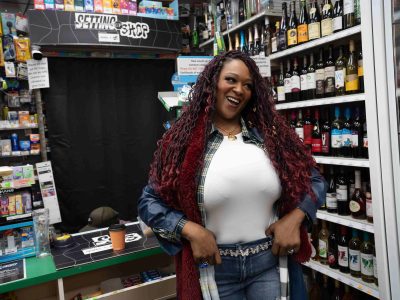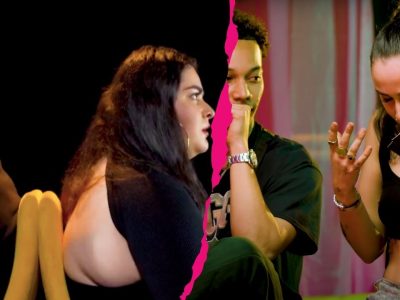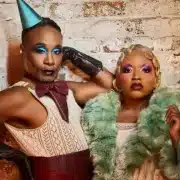In the length of eight months, there were many new music projects to come out, some of which we absolutely adored and others we believe that should have never seen the light of day. With a dominating lead by our favourite R&B acts this year around such as The Weeknd, Brent Faiyaz, Steve Lacey and more, a common thread has emerged from the general public, questioning whether the current R&B climate is way too toxic or just as much as it had always been in the past. In this article, we take a look at what makes people debate the morality in music today and can their arguments be backed up.
Historically speaking, R&B was never seen as a provocative genre hence public complaints coming from its listeners were surprisingly uncommon. Unlike the type of content Hip-Hop usually offers, the rhythmic and soulful music was thought to be an enjoyable listen to share with your significant other, while being smoothened with lyrics of romanticism, love and ordinary breakups. In its recent years, the theme of its music seems to have taken a massive shift, mainly portraying toxic relationships, male ego and the degradation of a group of women.
One of the main reasons for its drastic change is believed to come from a direct influence by Hip-Hop music as the genre’s popularity rose in the last decade. In a lot of aspects, Hip-Hop trends such as trap samples, a certain lifestyle and the content of lyrics were blended and taken over by other artists, in hopes of staying in the radar and complimenting the current state of music. Recently, in a Joe Budden podcast session, R&B american singer Ne-Yo revealed “(In the past) You were better as an R&B artist the more vulnerable you were” also, adding to why times have changed, ”All of sudden, Hip-Hop becomes the most popular music genre in the world and then all music gets a Hip-Hop makeover”. Finally, addressing the modern artist’s mindset; “The generation right after me didn’t have much R&B to feed their soul. It was a lot of Hip-Hop and Hip-Hop inspired stuff and that’s why the music took the turn that it did”.
When we take a walk in the past and listen to R&B artists before the rise of trap music, one may argue that the content has not changed much. A perfect example can be made with American vocalist Usher followed by an amazing tiny desk performance including the track Confession pt.2. In character, Usher is basically singing to his girlfriend that he may have impregnated another woman that he was messing around with whilst they were together. To this day, Confession is still one of Usher’s best selling singles and a fan-favourite amongst his core female audience. Why wasn’t his song considered toxic then? The answer is simple; previous R&B singers were confessing their wrongs rather than embracing them – all in a vulnerable tone and delivery.
Perhaps what is also worth mentioning, but not considered as much is the importance in the tone & delivery of a message. In that specific song, Usher delivered the message in a thoughtful, caring and repentful tone, whereas in this day and age, artists would go as far as even flaunting their infidelity, making it hard for their listeners to sympathise and connect beyond surface-level. The delivery, even though not always mentioned, makes an impactful difference on how a listener then receives the message and due to favourable narratives, artists will choose to be derogative rather than a mature approach.
Decades have passed and R&b is in the states that it is today. However, what are their listeners really demanding and why is there an outrage that the genre has become too toxic? The conclusion that can be made is that what fans are really asking for is that R&B artists open up and become more vulnerable. As materialism, toxicity and surface-level topics have flooded the music market, people have become more and more eager to hear something genuine and literally feed their soul.
In the past, music offered versatility and a range of phases in life that were relatable. In a lot of ways, today’s radio kind of sounds like a broken record with everyone singing the same themes, in the same tone & delivery and without bringing much new substance to the table. What also must be understood from the side of the consumer is that time changes and things evolve and so, we can not expect for everything to remain the same. What a lot of these modern artists are doing is catering to the mass audience and the state of culture today.
What if R&B singers spoke from their heart and stopped trying to impress their male friends? Maybe then music enthusiasts will put an end to calling their favourite genre too toxic.

















